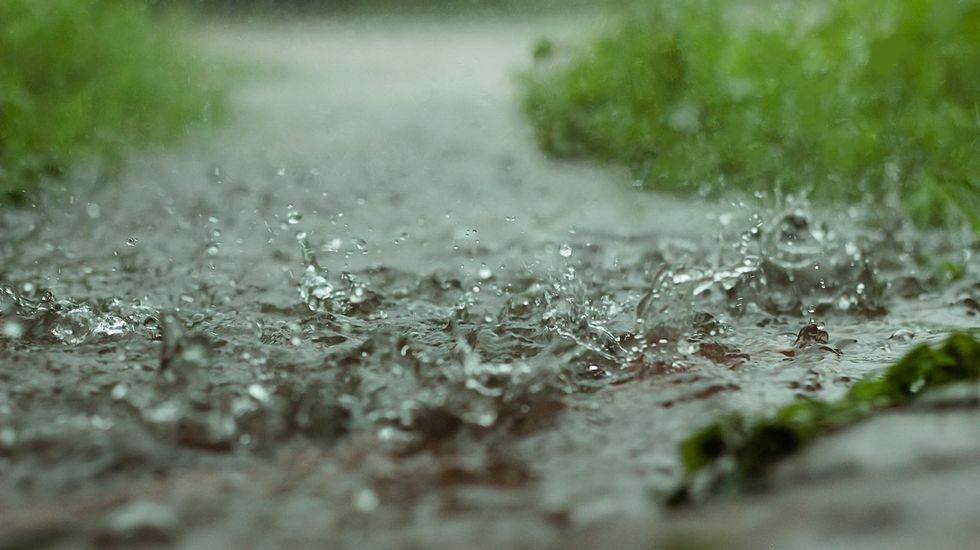Harry Fletcher
Mar 06, 2024
US: Severe Thunderstorm Brings Heavy Rain, Lightning And Hail To Chicago Metropolitan …
Spectee / VideoElephant
We’re no strangers to shoddy weather down here on Earth, but modern conditions on our planet are nothing compared to what took place at one point in history.
It turns out that it once rained on Earth for two million years straight, and it was key to life spreading across the globe.
The event took place between 200-300 million years ago, when the Earth was dominated by the single Pangea supercontinent.
This was just around the time when dinosaurs were beginning to flourish on Earth. Then, there was a very dry period followed by unprecedented levels of rain which continued for an incredibly long time.
This is known as the Carnian pluvial event, and was first discovered by scientists back in the 1970s.
At the time, experts came across deposited layers in rocks that dated back between 232-4 million years ago – from this they determined that there was an incredibly wet period at the beginning of the dinosaurs' time on Earth.

Experts then set about trying to discover exactly why it rained for two million years straight, and they determined that it could have been down to an enormous volcanic eruption in the Wrangellia Large Igneous Province.
That in turn led to a heating of the oceans, which led to moisture being released into the atmosphere and therefore more rainfall.
Researchers in a study published in the Journal of the Geological Society in 2018 said: “In the wake of wide extinctions of plants and key herbivores on land, the dinosaurs were seemingly the main beneficiaries in the time of recovery, expanding rapidly in diversity, ecological impact (relative abundance) and regional distribution, from South America initially, to all continents.
"It may have been one of the most important [rapid events] in the history of life in terms of its role in allowing not only the ‘age of dinosaurs’, but also the origins of most key clades that form the modern fauna of terrestrial tetrapods, namely the lissamphibians, turtles, crocodiles, lizards and mammals."
Sign up for our free indy100 weekly newsletter
How to join the indy100's free WhatsApp channel
Have your say in our news democracy. Click the upvote icon at the top of the page to help raise this article through the indy100 rankings
Top 100
The Conversation (0)














